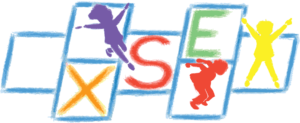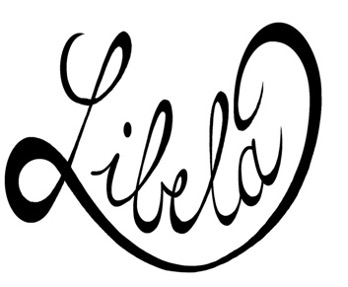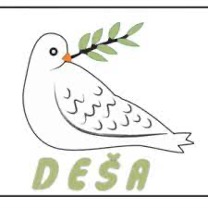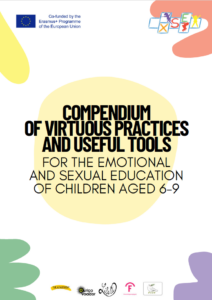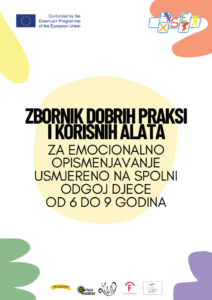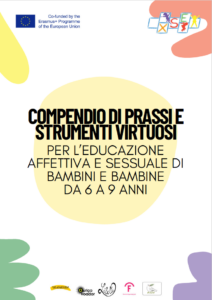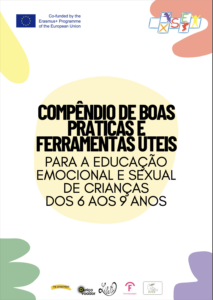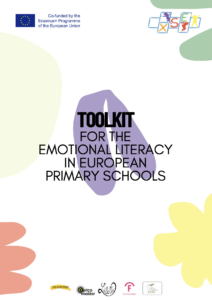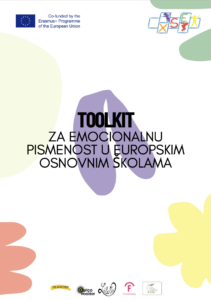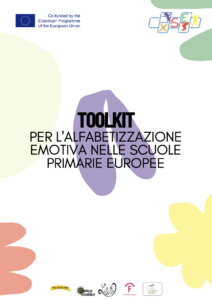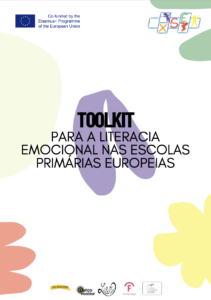Comprehensive emotional and sexuality education
from primary school
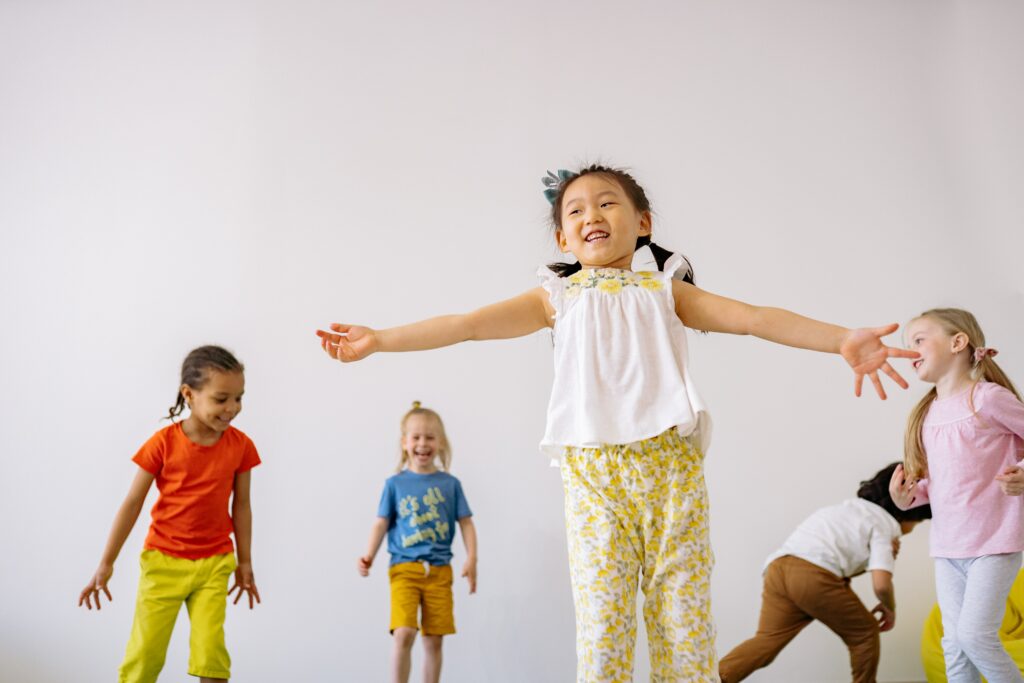
Promotion of sexuality education meant as emotional literacy, that can accompany kids in building feelings and human relationships with others and with themselves as serene as possible and as free of stereotypes and prejudices as possible.
Talking about emotions, empathy, consensus of bodies and respect for diversity
The project is based on the guidelines of the World Health Organization, and aims to promote the education of children aged 6-9 in the sphere of feelings and sexuality in a comprehensive and age-appropriate manner.
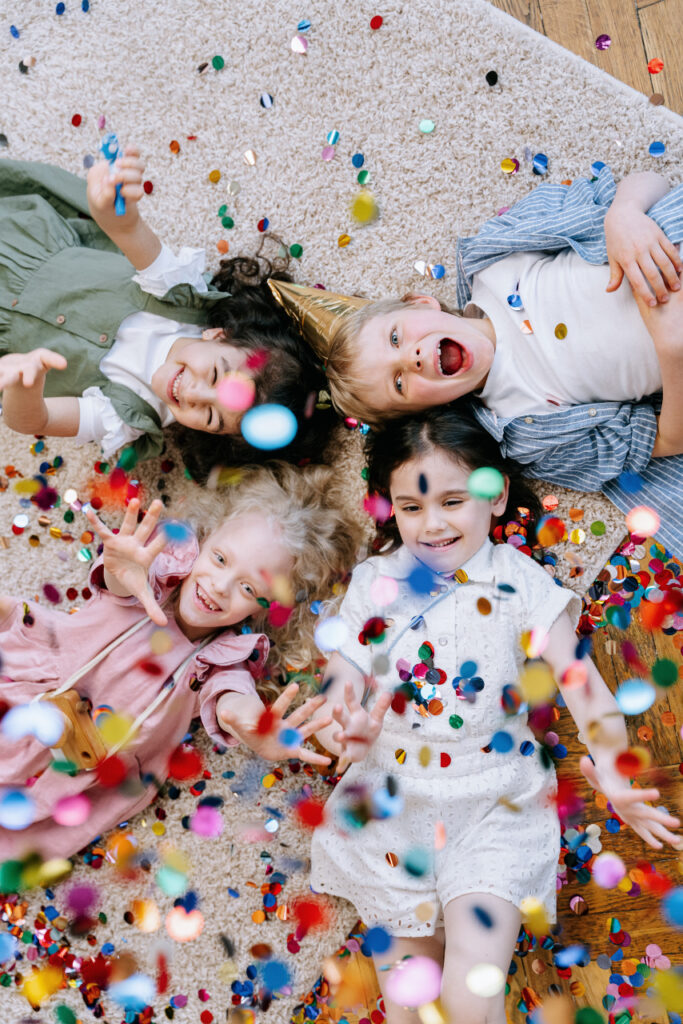
The program can be delivered in primary schools with the following learning objectives:
- The human body and its development: recognizing the (biological) differences between men and women, appreciating body changes, taking care of own body, acquiring a self-image based on self-esteem.
- Fertility and reproduction: building a basic idea of the fertility cycle, debunking the myths about reproduction, acquiring the concept that one can affect one’s fertility, favoring the acceptance of diversity.
- Sexuality: narrating the themes of love and tenderness, accepting the need for one’s own privacy and that of others, using sexual language in a non-offensive way.
- Emotions/ affections: understanding the difference between friendship, love and desire / attraction, addressing the issues of jealousy, anger, aggression and disappointment; express and communicate emotions, desires and needs, manage disappointments; knowing how to value one’s feelings.
- Relationships and lifestyles: appreciate the diversity of family relationships; learn to express oneself in relationships, to mediate to reach compromises, to show tolerance and empathy, to understand the importance of having social contacts and making friends; learn respect for others and acquire the conviction that commitment, responsibility and honesty are the basis of relationships.
- Understanding the positive influence of sexuality on health and well-being, building a basic idea on diseases related to sexuality, on sexual violence and aggression.
- Sexuality and rights: understanding the right to self-expression, building a basic idea of abuse and understanding the responsibility of adults with respect to the safety of children; knowing how to ask for help.
- Social and cultural influences on sexuality: values and norms.
The program is based on experiential games and activities based on art-therapy, humanistic coaching, psychodrama and dialogue on feelings, sexuality and relationships.
Correcting in time the distorted and stereotyped information conveyed by the Internet
During the pubertal period it becomes increasingly urgent to introduce a first conceptualization of knowledge regarding affective and sexuality education, given the need to contrast and correct the misleading information and images conveyed by the Internet, which often offers distorted, unrealistic and degrading messages, especially for women.
In the absence of healthy and correct sexual education from educational agencies, the reference point for many young people is the pornographic model offered by the Network, whose consumption is increasingly precocious. The Internet offers a narrative full of stereotypes, which risks to generate sexist behavior, even aggressive ones. An adultization that compromises the growth path, which does not respect the times, involving children in experiences for which they have not had accompaniment, preparation, calling them to responsibilities they cannot manage. Families tend to underestimate the extent of this growing phenomenon, which might have serious consequences on the future of their children’s emotional life and relationships.
What is the idea of love, affectivity, sexuality with which children grow up? A profound and radical accompanying action is needed.
Xse aims to promote international exchange between educators on the subject, to bring to primary schools a curriculum on sexual education that is education for the body, how to listen to it, respect it and live it with awareness, respecting the other.
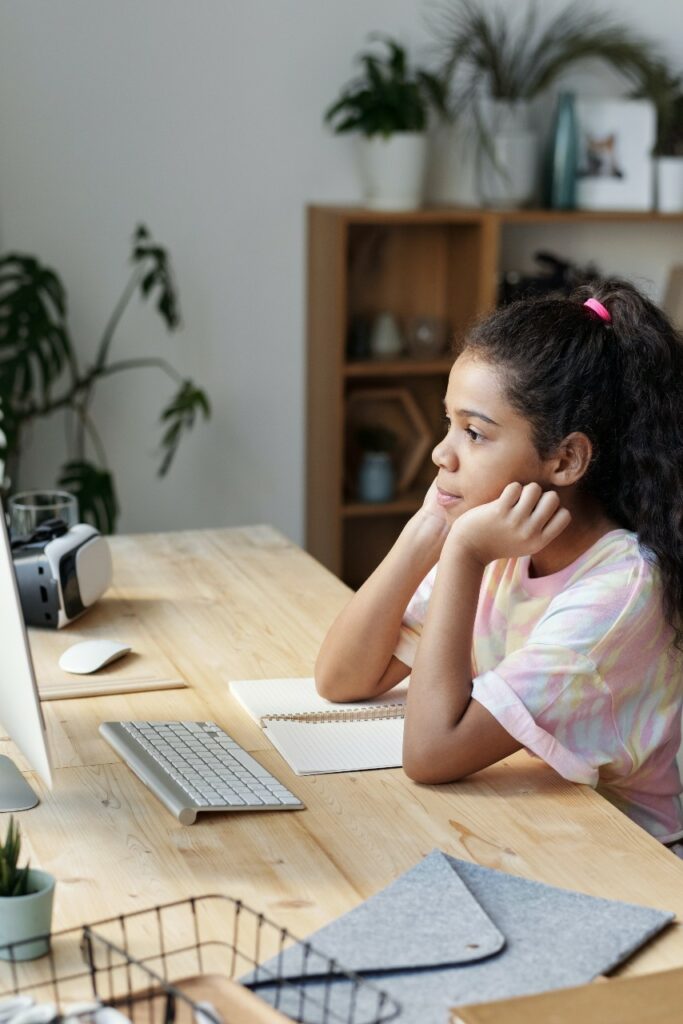
Compendium of good practices
for emotional literacy aimed at the sexual education of children in puberty age.
Virtuous practices, useful tools and success stories to convey the discovery of the human body and its development, to narrate about sexuality in the context of love and tenderness, to understand and recognize emotions and feelings, to disseminate themes relating to sexuality and related rights and culturally contextualize the theme of sexuality and its value dimension.
Study visit
in Finland addressed to trainers and operators active with children of pubertal age, in virtuous realities on the issues of emotional and sexual literacy.
With the aim to acquire a direct view of significant work practices, and to define the key elements to be borrowed.
Toolkit for the emotional literacy
of boys and girls of European primary schools.
A Toolkit, including ready-to-use modules and training sheets for teachers and operators who aim to transfer to their classrooms, through ad hoc workshops and activities, techniques and methodologies suitable for the development of emotional and sexual literacy of 6-9 year old children. The practical sheets refer to the following training methodologies: art therapy, humanistic coaching, psychodrama, dialogue on feelings, sexuality and relationships.
Pilot sessions
of the model in primary schools and formal and non-formal learning centers, such as cultural organizations, associations, libraries that offer playful/ educational paths and activities, co-babies, baby parking, playrooms, baby spaces, educational farms, family centers, parental associations.
The beneficiaries
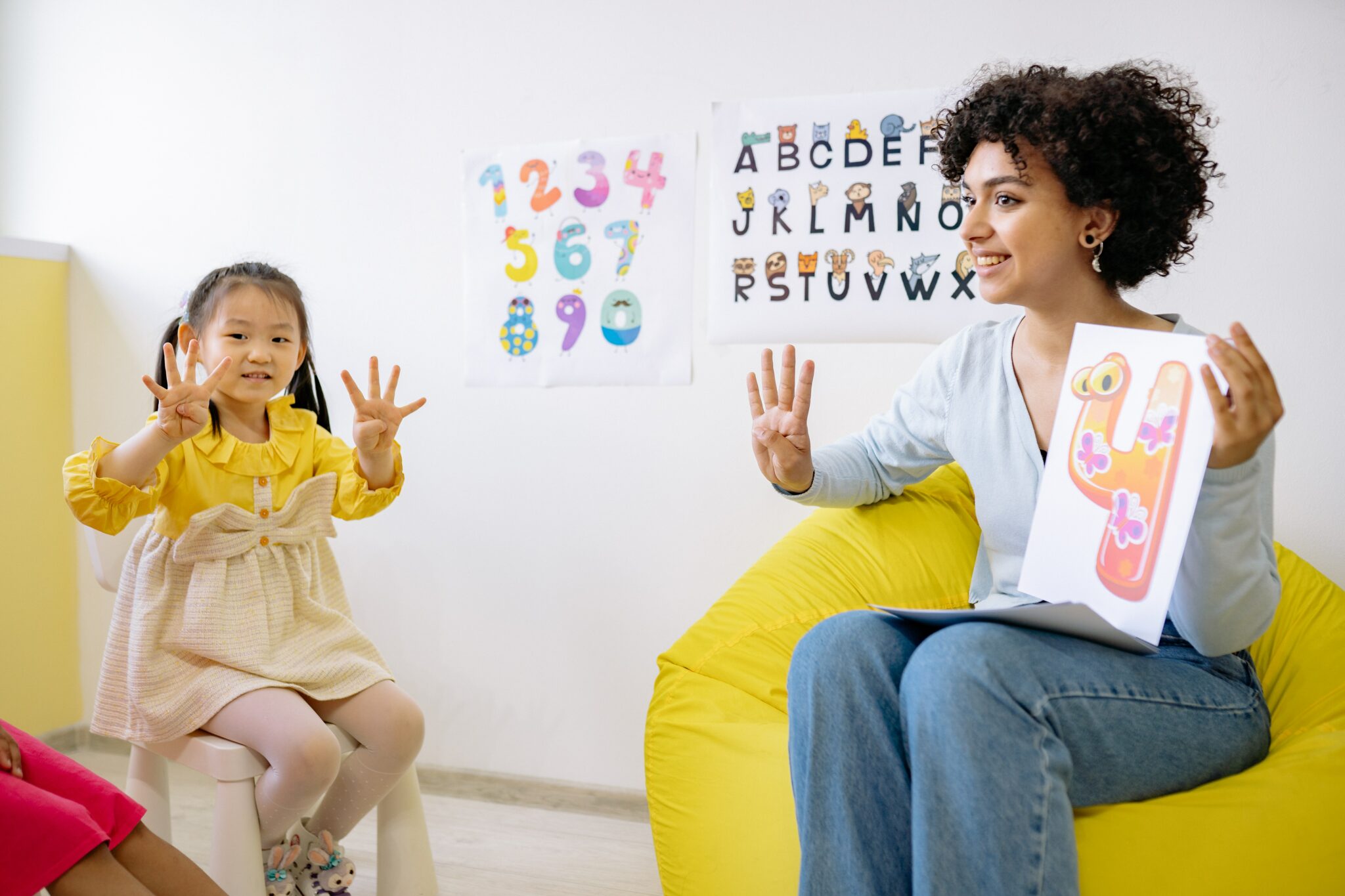
Educators who work with children in puberty (6-9 years)
with the aim of recovering the lexicon of emotions, fostering empathy with others and the consent of the bodies, respect for cultural and gender diversity through play and the laboratory approach; and focus on sexual education understood as emotional literacy that can accompany children in building feelings and relationships as serene and free from stereotypes and prejudices as possible. The methodology can also be implemented in non-formal and informal educational contexts, such as cultural organizations, associations, libraries that offer playful/ educational paths and activities, co-babies, baby parking, playrooms, baby spaces, tagesmutter, educational farms, family centers.
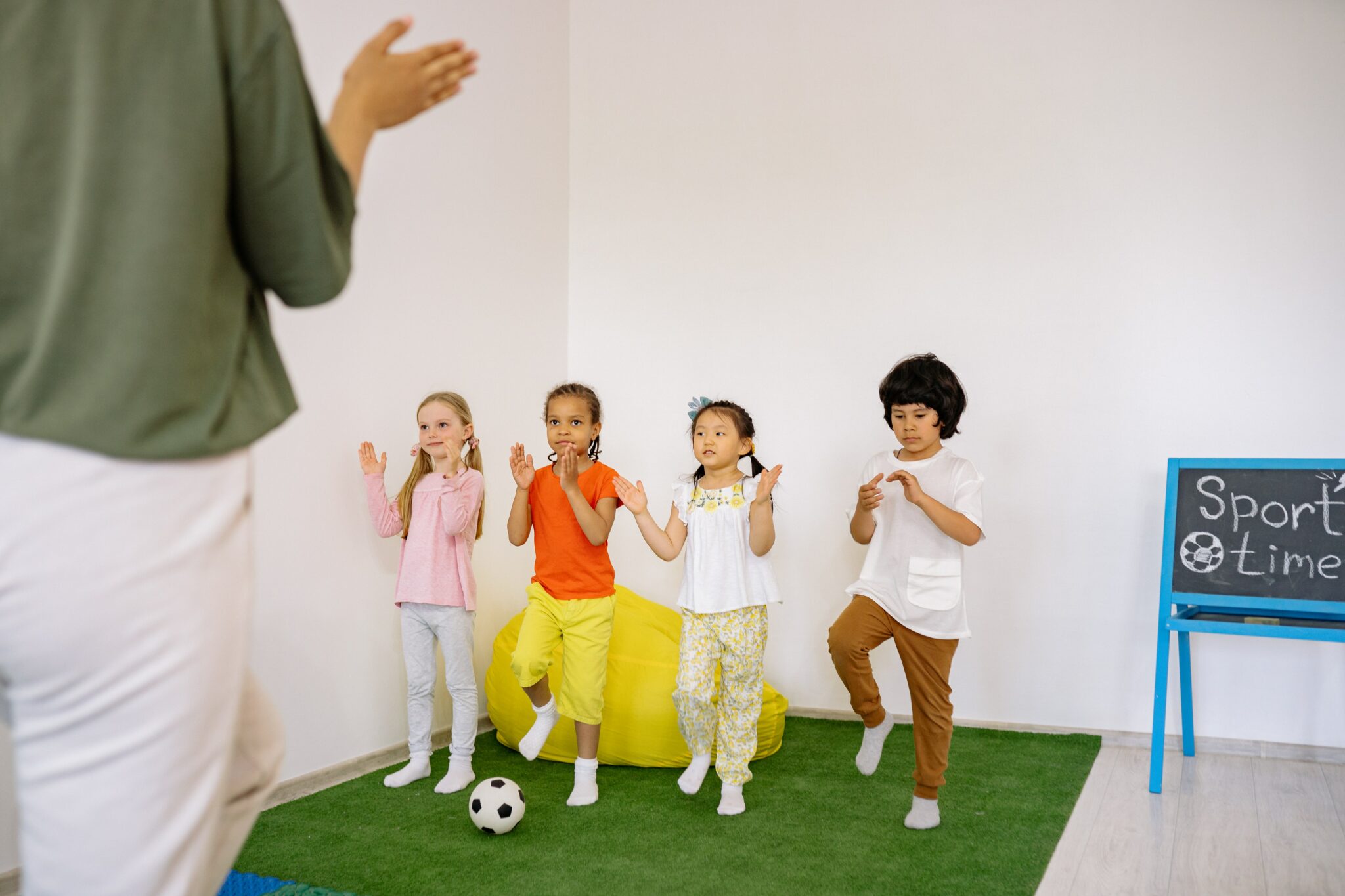
Primary school children
(6-9 years)
including minors from marginalized and degraded social conditions, they will learn the vocabulary of emotions, will be able to build feelings and human relationships that are respectful of the other and of themselves, with an improvement in psycho-physical well-being; they will also be adequately informed on concepts often considered taboo. Children will strengthen knowledge, skills, attitudes and values, able to develop respectful social and sexual relationships and to consider how their choices affect their own well-being and that of others. This will reduce the risks of bullying and sexual harassment, promoting an improvement in self-esteem, the ability to manage conflicts, trust and cultural sensitivity.
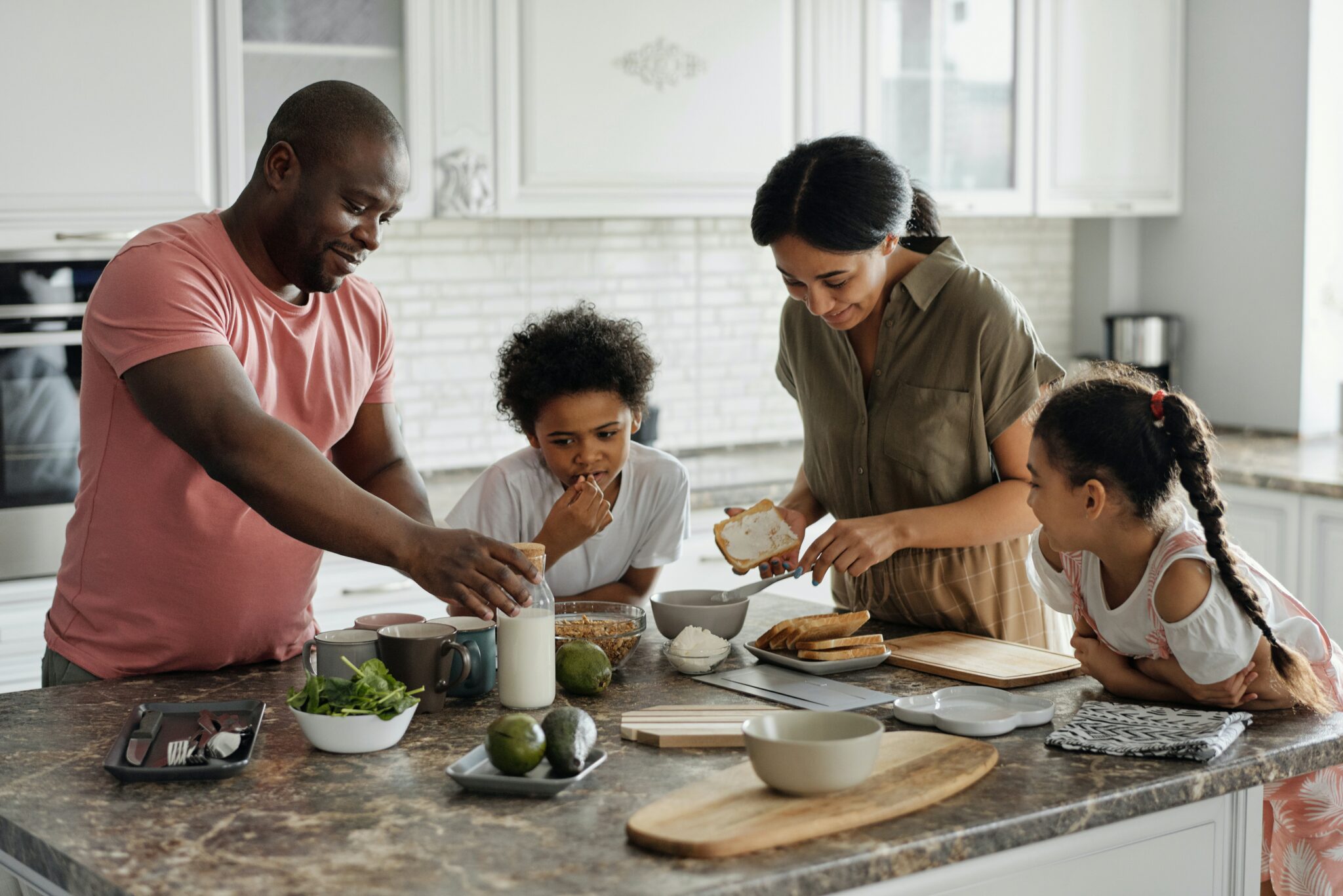
Parents and families
sometimes unused to talking about emotions and resisting to address issues related to sexuality, they will be able to better accompany children in the free expression of emotions and feelings, free from gender stereotypes. As they grow up, children gradually acquire knowledge and construct images, values, attitudes and skills regarding the human body, intimate relationships and sexuality. In this process they use a wide range of sources from which to learn: the main sources, especially in the earliest stages of development, are the informal ones, among which we find parents, who are of fundamental importance in the initial stages.
Partners
Project leader, Libelà is an association based in Rome that carries out educational activities to promote the social inclusion of children and young people through art therapy.
It promotes integration by preventing all forms of isolation and contributing to the enhancement of differences from childhood.
Ouriço Voador is a Lisbon-based association that carries out educational and dissemination activities to promote gender equality and sexual and sentimental education, the mental and physical health of individuals and their cultural empowerment. Psychodrama is the primary educational, clinical and social intervention tool used.
Ålands Feminstparaply is a Finnish association that promotes gender equality and operates in schools with the aim of preventing and combating sexual harassment and all forms of violence. It also provides young people with the opportunities and knowledge they need to talk about feelings, sexuality and relationships, preventing the radicalization of violent conducts.
Materials
Compendium
- English
- Croatian
- Italian
- Portuguese
Toolkit
- English
- Croatian
- Italian
- Portuguese

Project n. 2021-1-IT02-KA210-SCH-000048153
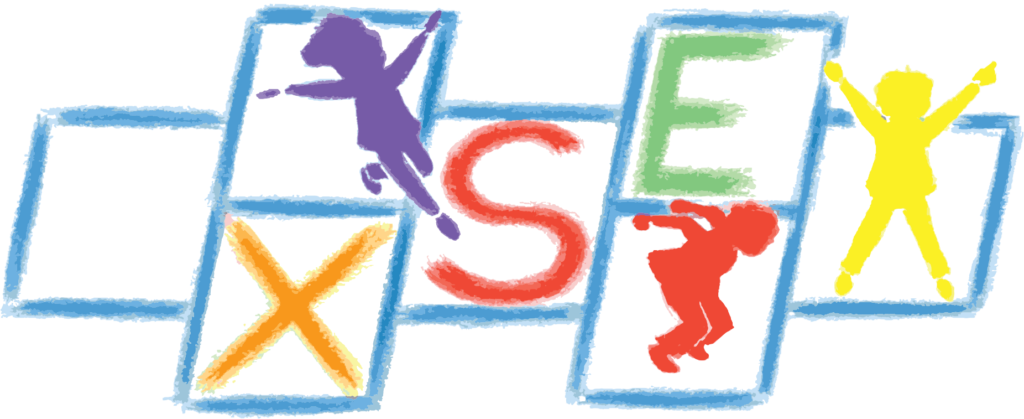
Contacts
